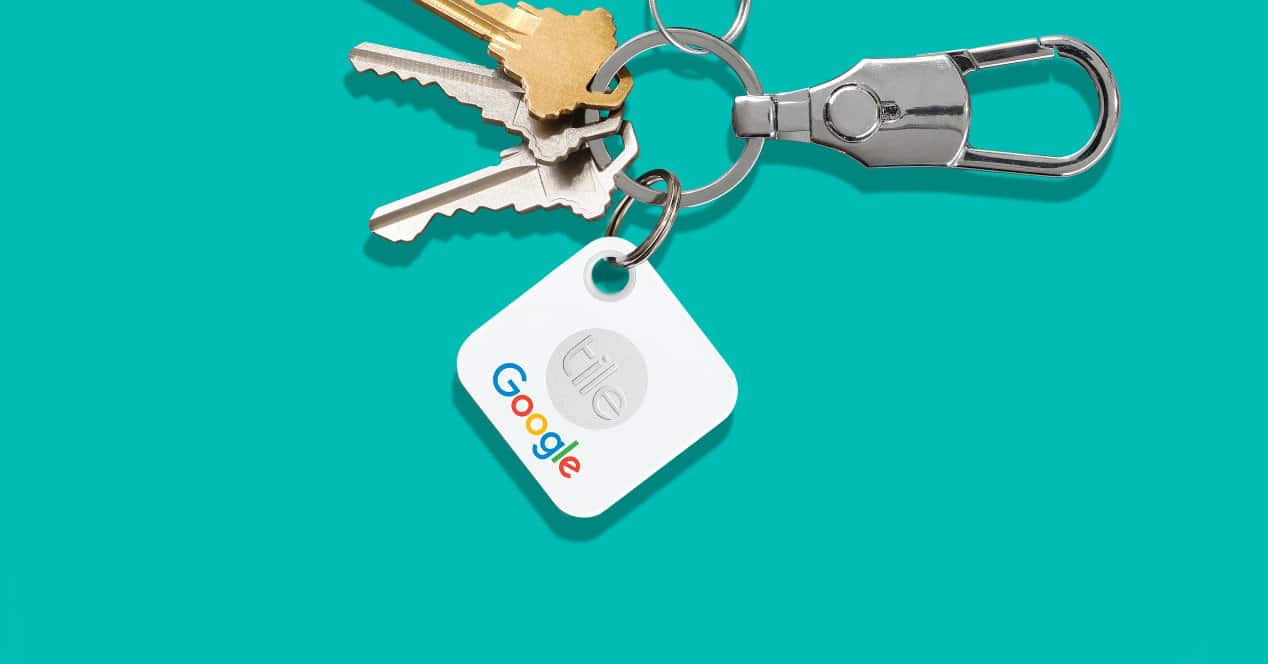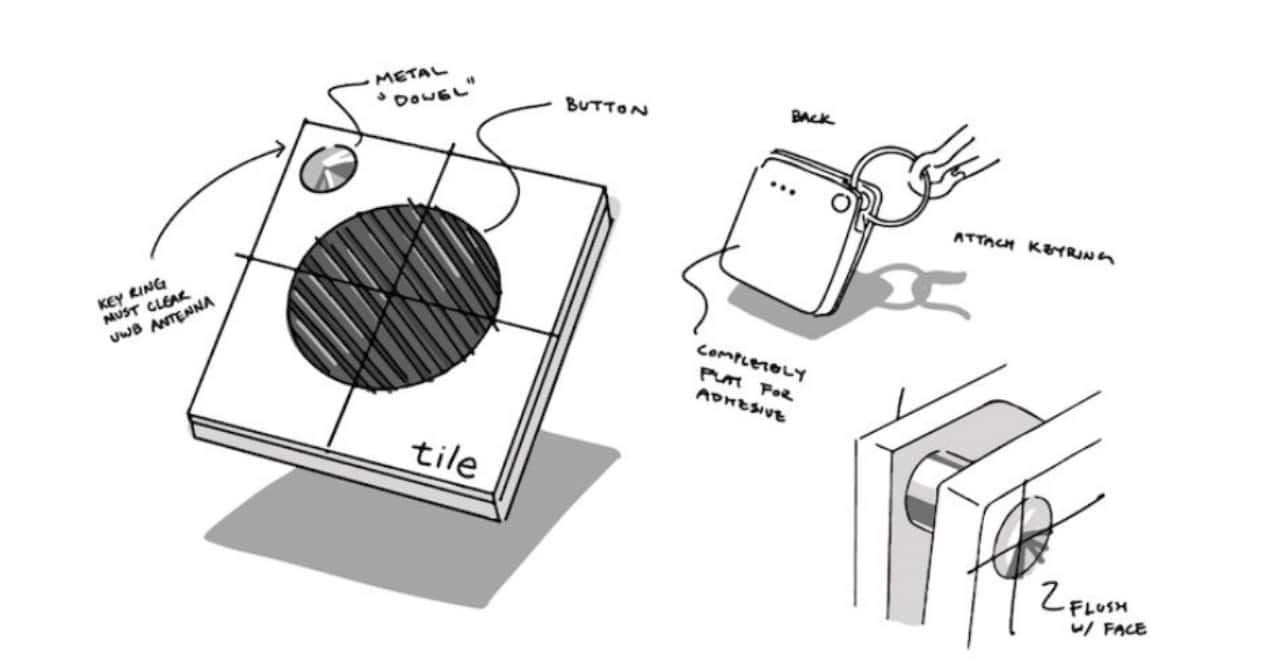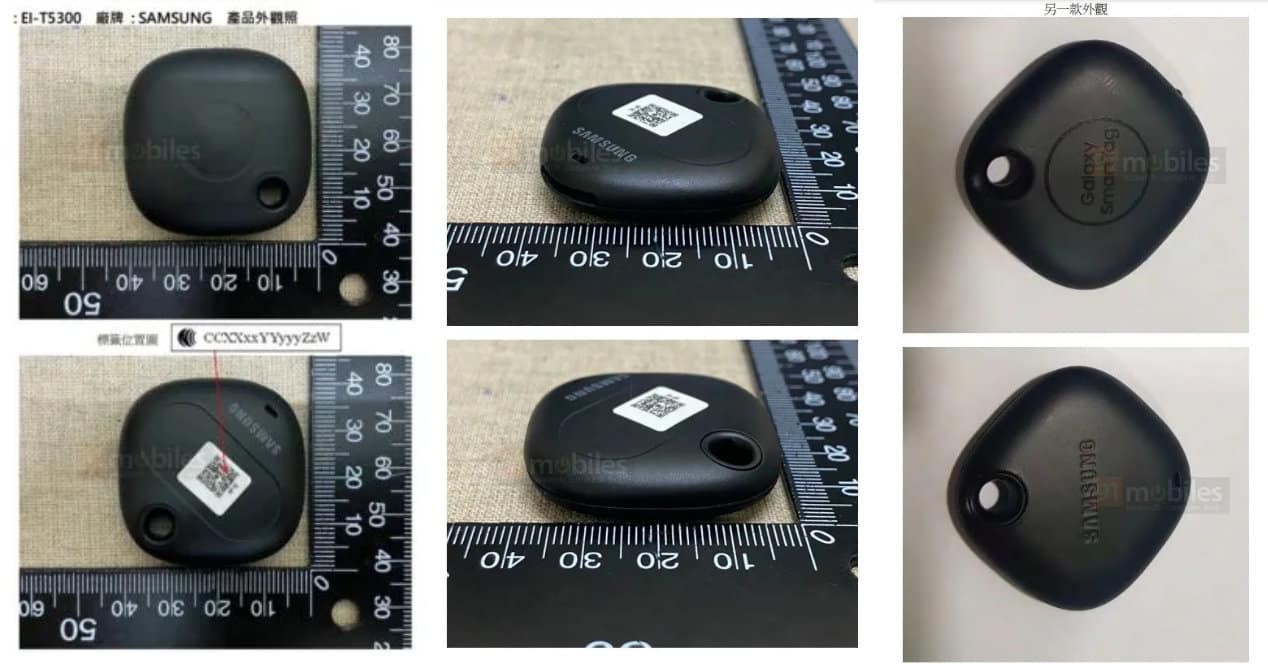
Tile does not want to be left for dead, the company prepares a new locator that would improve its current offer thanks to the use of the ultra-broadband technology and augmented reality. So if Apple, Samsung or any other manufacturer wants to compete, they will have to push themselves and offer a better experience.
Tile prepares a new locator with UWB and AR technology
If Apple finally releases its Air Tag during this 2021 and other manufacturers such as Samsung with their Galaxy Smart Tag add to this idea of offering small locators with which to avoid losing our most precious objects, it is evident that the big loser may possibly be none other than Tile. Although it seems that the company is clear about how it is going to compete against all these new rivals that will appear.
As TechCrunch has published, Tile is working on a new localizer which will have significant improvements compared to its current solutions. What's more, some of them can make a big difference with respect to other rivals who, without much experience in this field, would bet on something simpler.

The first of the great novelties of the new Tile locator would be the use of UWB (Ultra Wide Band) technology. Thanks to it, the precision with which objects with this tracker could be located would be much greater than what the current ones allow. So if that was one of the advantages Apple's rumored AirTags would have, they would now be on a level playing field. And as we say, it improves compared to any other option that continues to use only Bluetooth connectivity for location.
The second feature that would also mark important differences compared to its direct rivals would be the use of augmented reality. Through the new application, the user could see on the screen indications about where the device that has been lost is. Thus, while using the camera of your mobile device, you could not only see the environment around you but also a series of signals in the style of those already offered by some map services to make it easier to reach the point of interest. Which in this case would be the lost object.
The only drawback is that in order to enjoy the advantages and improvements in object location that these new Tile labels would offer, it would be necessary to have a mobile phone compatible with UWB technology. This is something that many of the devices launched this past 2020 already offer, but if you still have your smartphone from years ago and do not intend to change it in the short term, know that you will not be able to enjoy the advantages and improvements.
Therefore, what Tile proposes in a certain way is a commitment to the future in the face of this competition in which it will enter with many other manufacturers. In addition to having a technology ready that could also be very interesting for all those other manufacturers with which it has partnered in recent months to integrate these tags into devices such as laptops and even headphones.
2021 will be a year for small gadgets

If things don't change much, it seems that 2021 could be an interesting year for all those little gadgets that can contribute so much to us on a day-to-day basis. An example would be all these locator tags that make it easier to find (or at least try to) the objects that we can lose, but there would be many others such as quantifying bracelets and smart watches that would launch brands like OnePlus among others.
So if you're an accessory lover, stay tuned because 2021 could be a big year. At least one with which to enjoy testing and seeing how to get the most out of each of these gadgets.